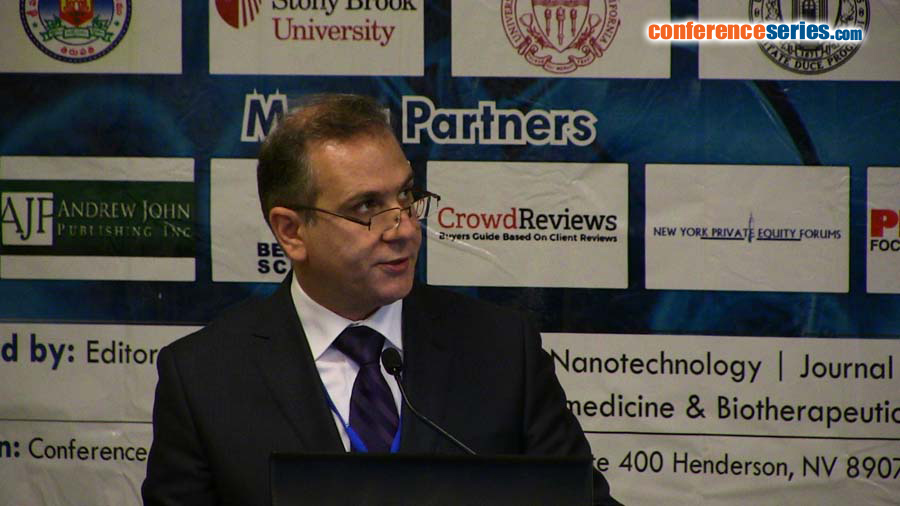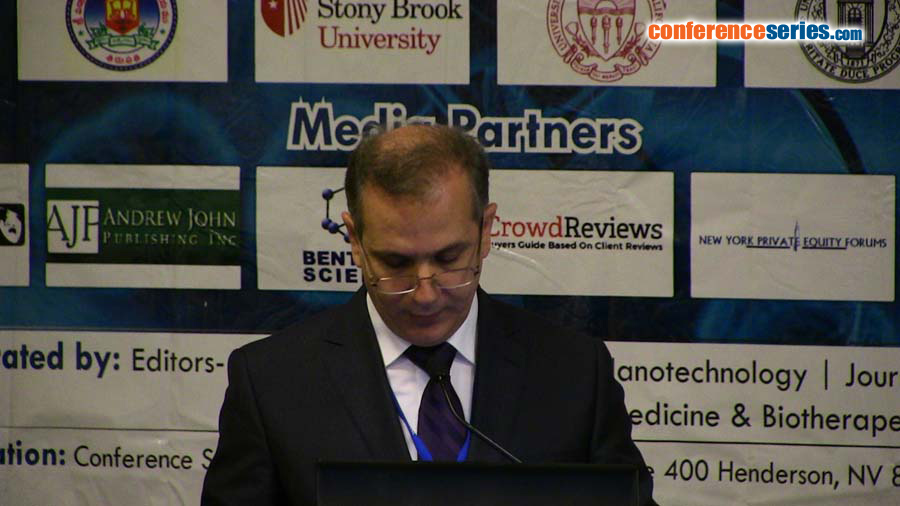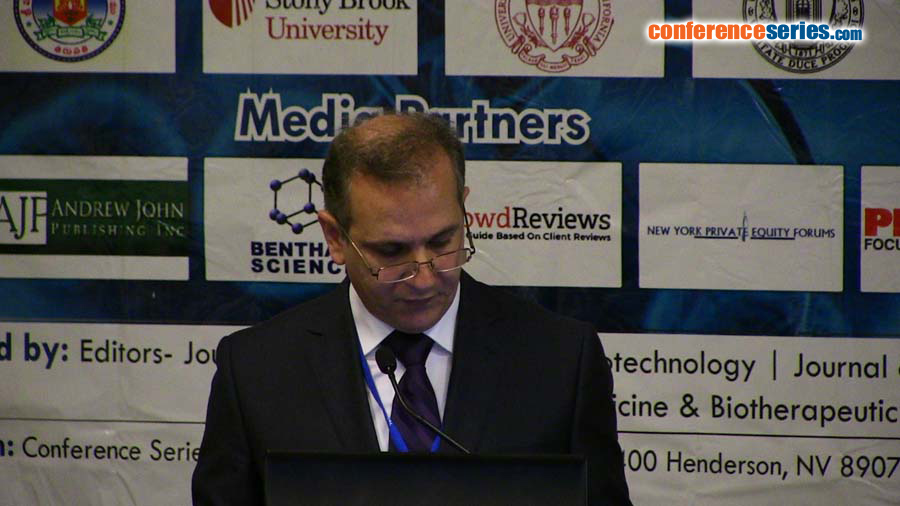
S Kamran Kamrava
Iran University of Medical Sciences, Iran
Title: A new protocol for photothermal therapy of cancer using folate conjugated gold nanoparticles
Biography
Biography: S Kamran Kamrava
Abstract
The most common disadvantage of photothermal therapy is its nonselectivity and requirement of high power densities of laser. The use of plasmonic nanoparticles as highly enhanced photoabsorbing agents has thus introduced a much more selective and efficient cancer therapy strategy. Herein, we demonstrated the selective targeting and destruction of human nasopharynx cancer cells (KB cells) using the photothermal therapy of folate-conjugated gold nanoparticles (F-GNPs). Considering the beneficial characteristics of GNPs and overexpression of the folate receptor by KB cells, we selected F-GNPs as a targeted photothermal therapy agent. Cell viability was evaluated using MTT assay. Apoptosis was determined by flow cytometry using an annexin V-fluorescein isothiocyanate/propidium iodide apoptosis detection kit. No cell damage or cytotoxicity from the individual treatment of laser light or F-GNPs was observed. However, a 64% cell lethality was achieved for KB cells using combined photothermal therapy of 5 μM F-GNPs with 15 min laser exposure (532 nm; 150 mW) and 12-h incubation periods. Cell lethality strongly depends on the concentration of F-GNPs and the incubation period that is mainly due to the induction of apoptosis. This targeted damage is due to the F-GNPs present in the cancer cells strongly absorbing laser light and rapidly converting it to heat. This new therapeutic avenue for cancer therapy merits further investigation using in vivo models for application in humans.







